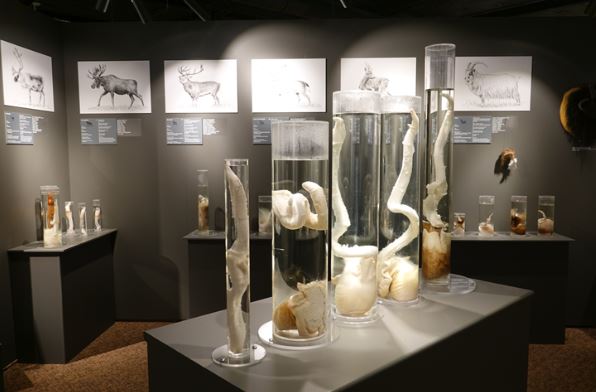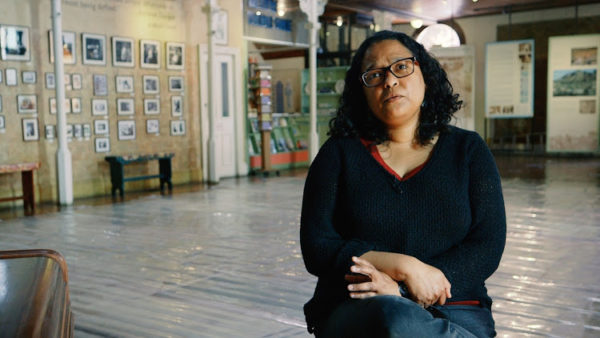Lifestyle
P*nis museum: Why only one exists in the world and where it is located

Founded by Sigurður Hjartarson, a former history teacher, the museum’s inception was as peculiar as its subject. It began in 1974 with a simple, albeit unusual gift – a dried bull’s penis.
This gift sparked a passion in Hjartarson, leading him to gather an impressive collection of 283 specimens from 93 different mammal species, including humans. His lifelong dedication to this unusual hobby transformed into a comprehensive display of male penises, ranging from the tiny to the tremendous.
Situated in Reykjavík, the museum exhibits a fascinating array of specimens preserved in various forms. Visitors can view an array of penises preserved in formaldehyde, displayed in glass jars, or even as dried and mounted pieces.
The collection boasts a wide array of mammalian penises, from the modest size of hamsters and rabbits to the staggering lengths of whales. Among the most notable pieces is the sperm whale penis, a massive structure nearly six feet tall and weighing about 150 pounds.
The museum is not just about the visual spectacle but also serves an educational purpose. It aims to provide insight into the field of phallology in a scientific and organised manner. The exhibits, while intriguing, are presented in a manner that emphasises their biological and zoological significance rather than any sensational or comedic aspect.
One of the highlights of the museum is its human-related specimens. The first human specimen was acquired in 2011, adding a new dimension to the collection. Hjartarson’s pursuit of a human penis was met with interest from several potential donors, reflecting the museum’s growing recognition and the fascination it inspires.








